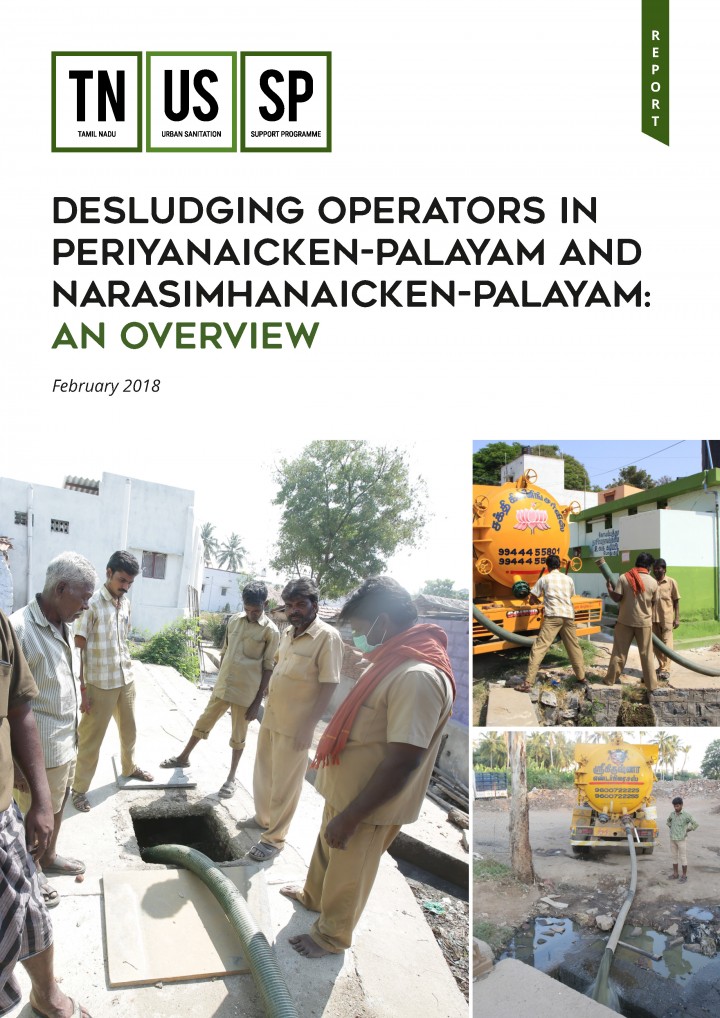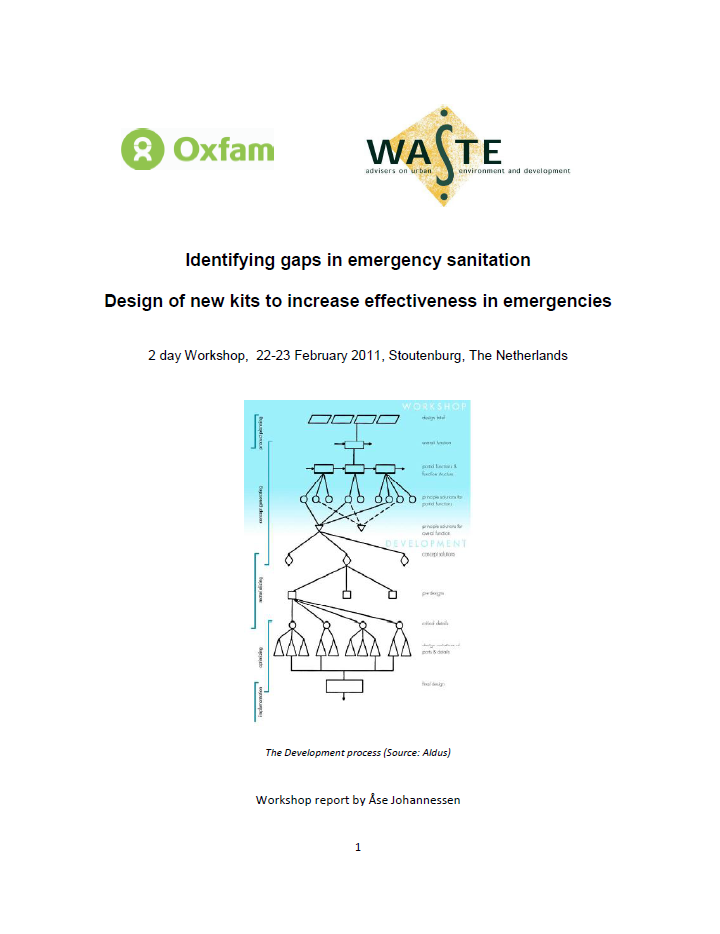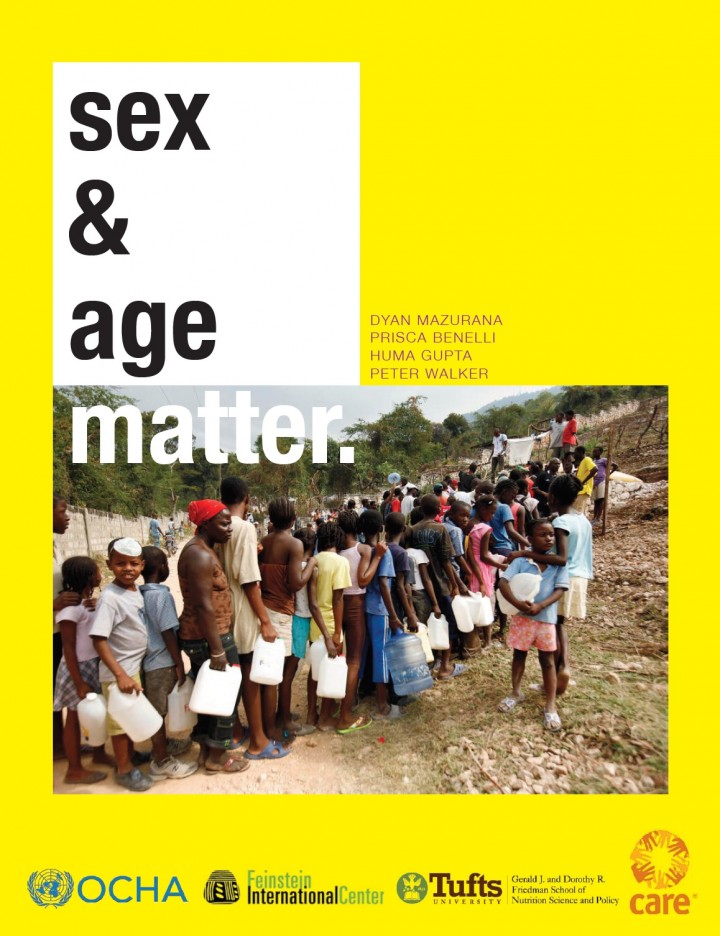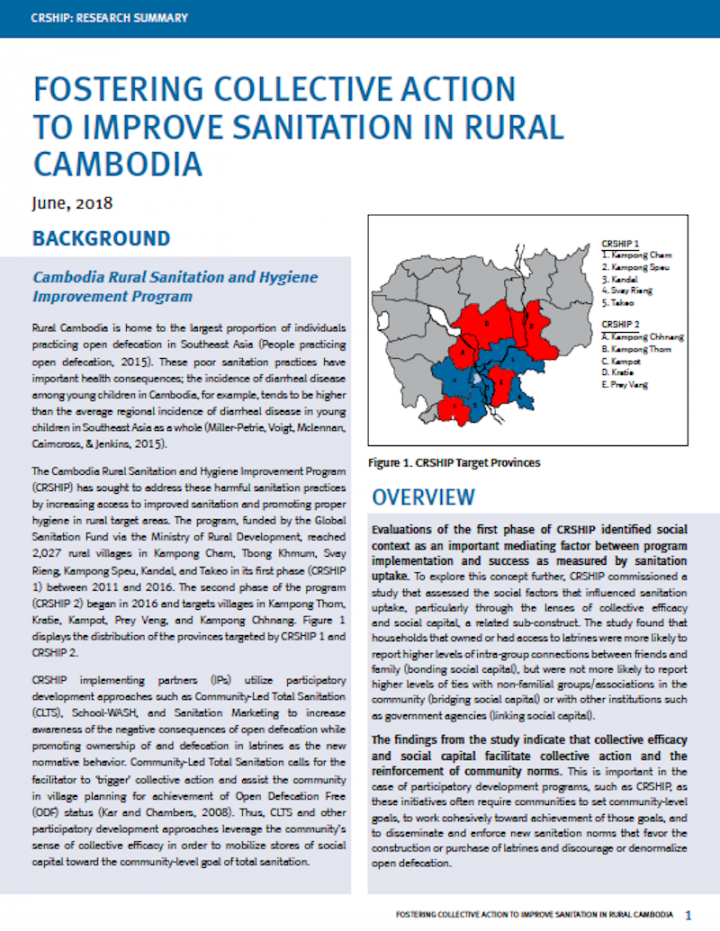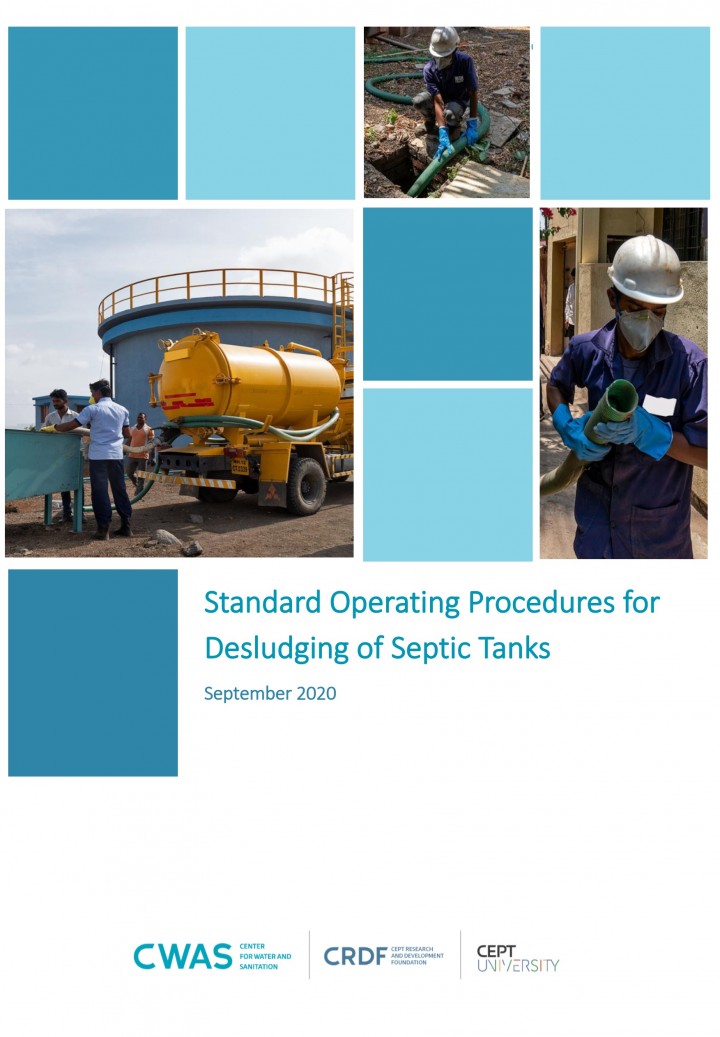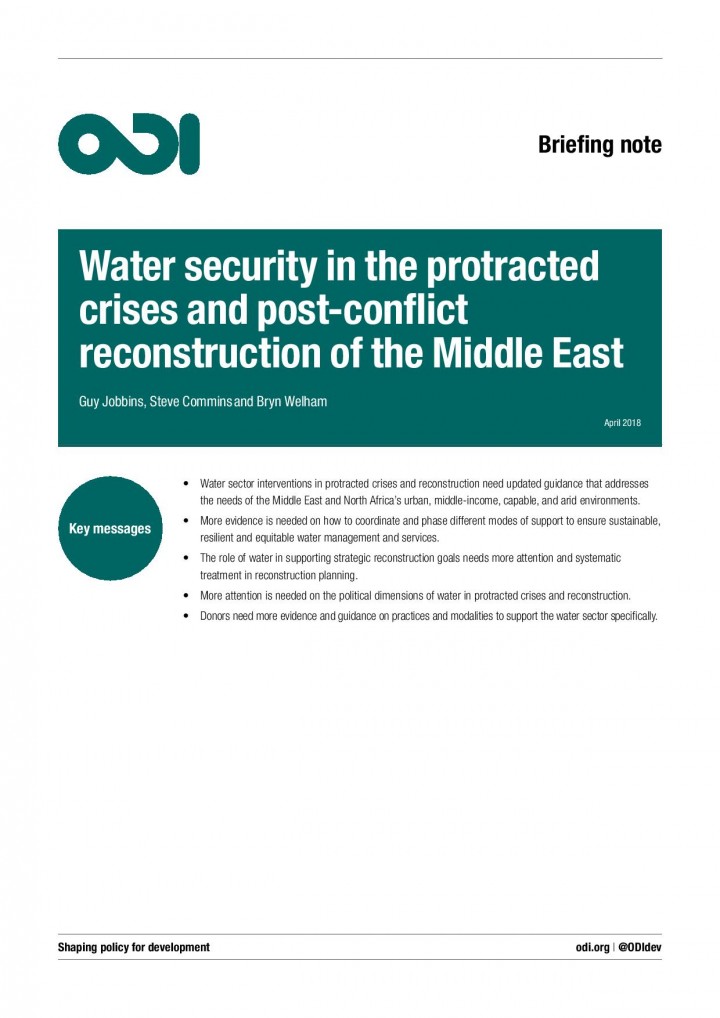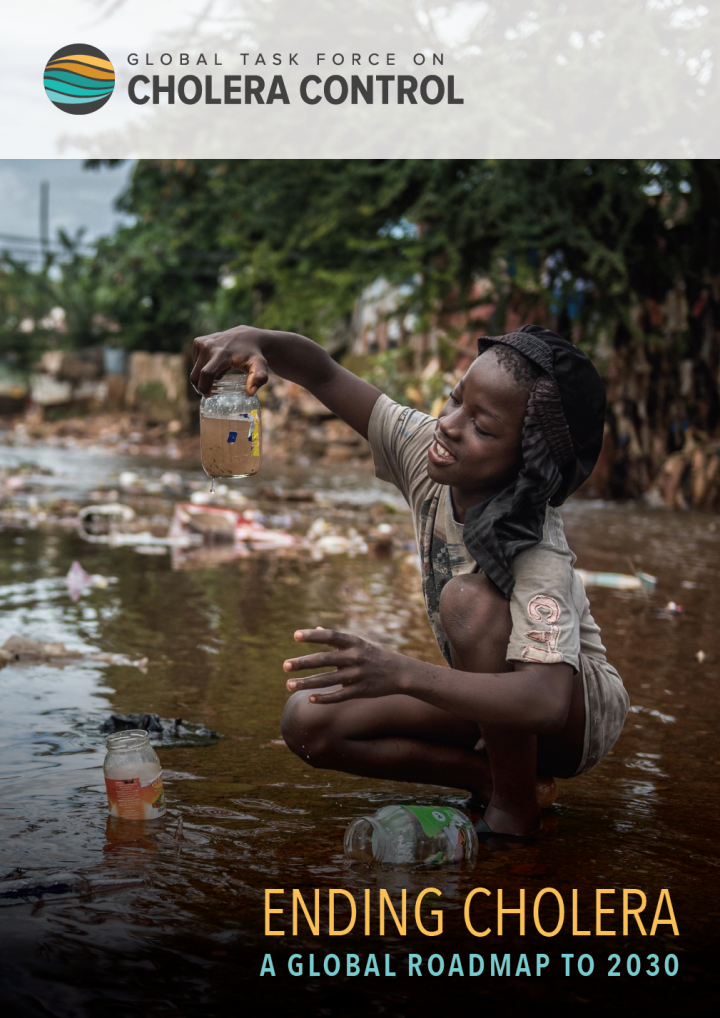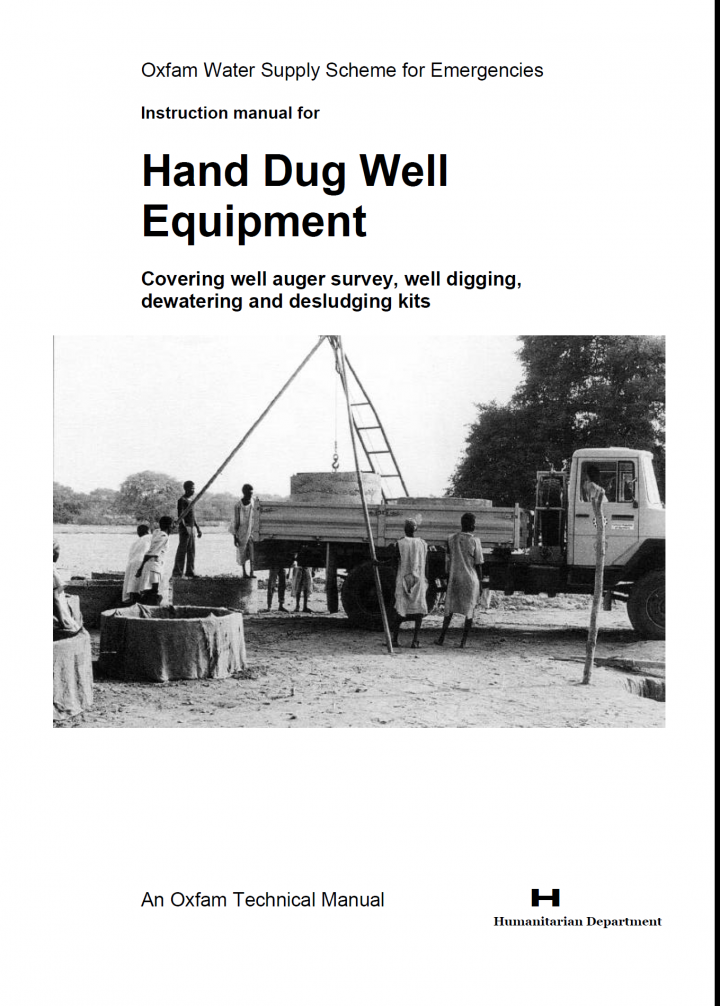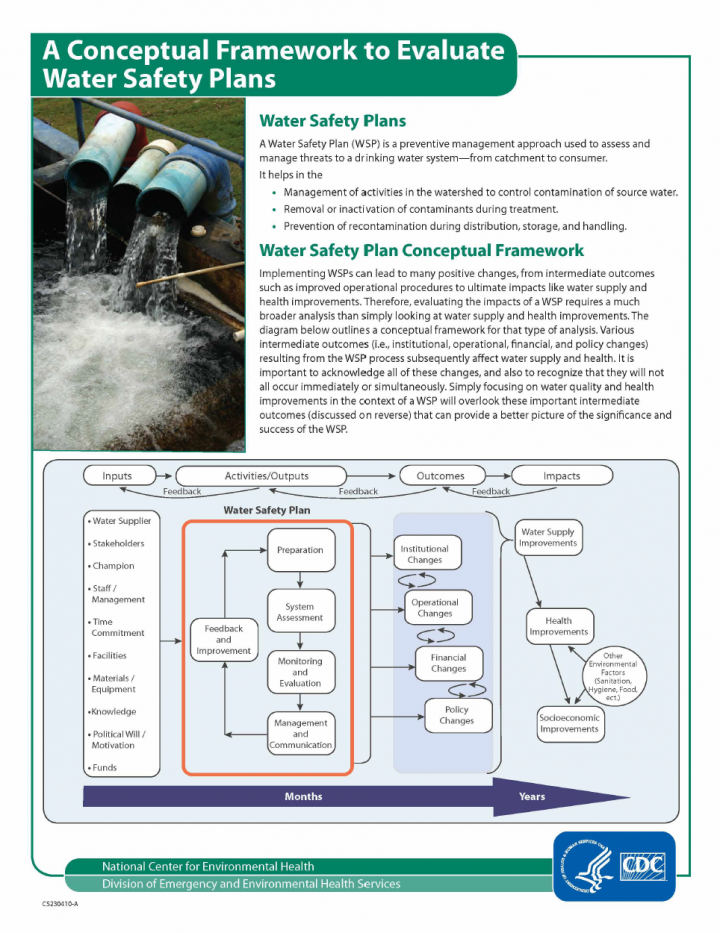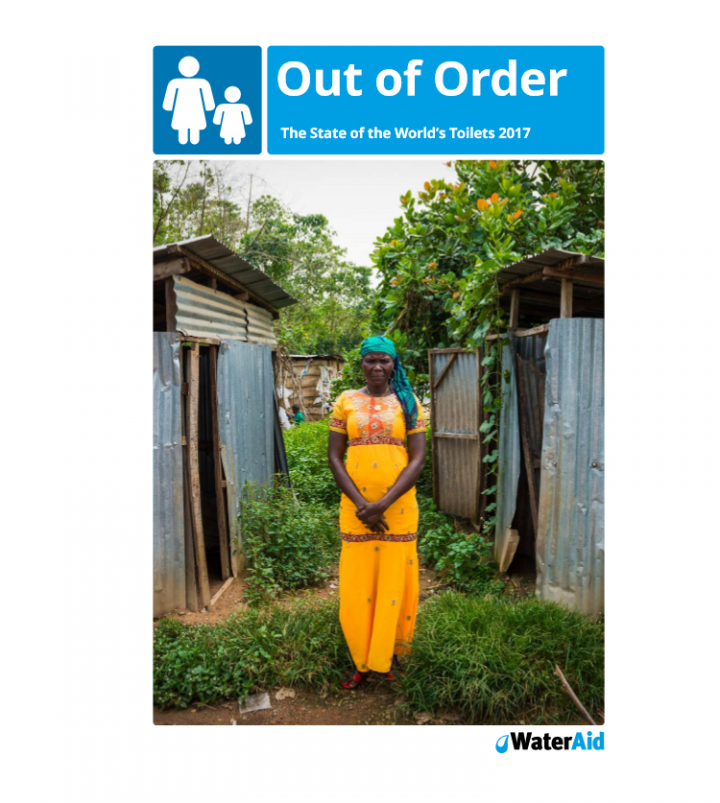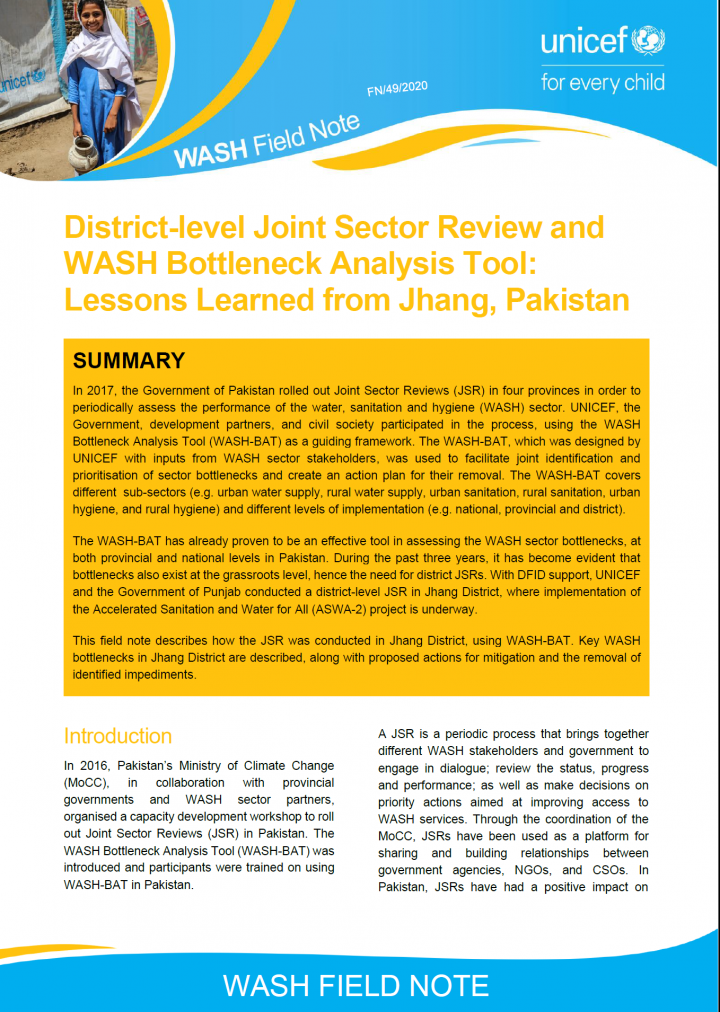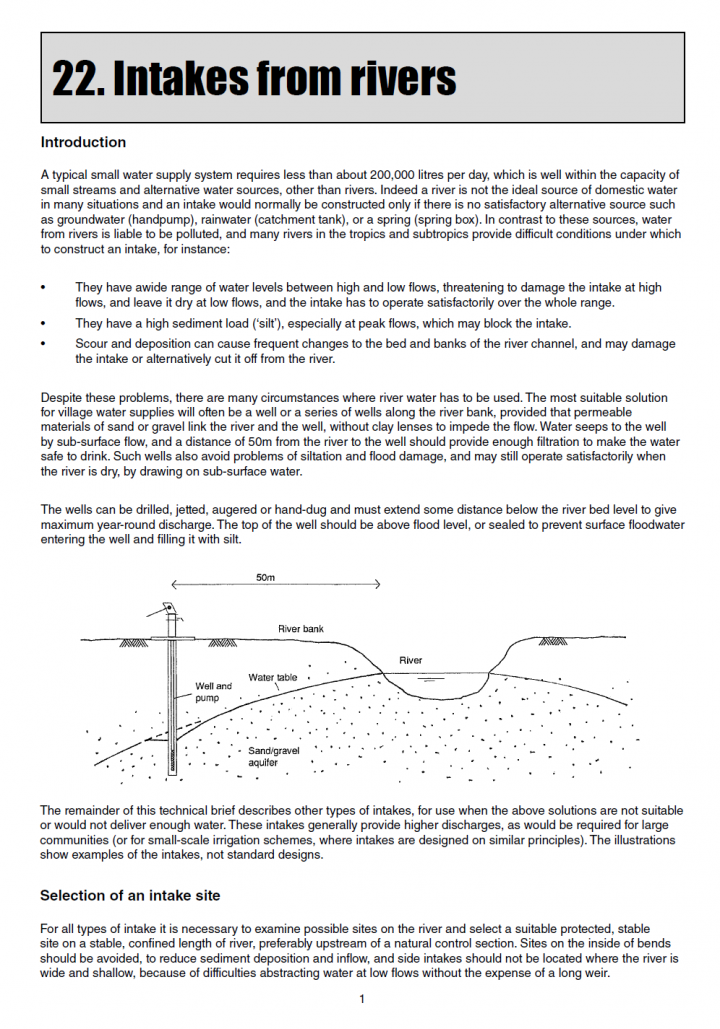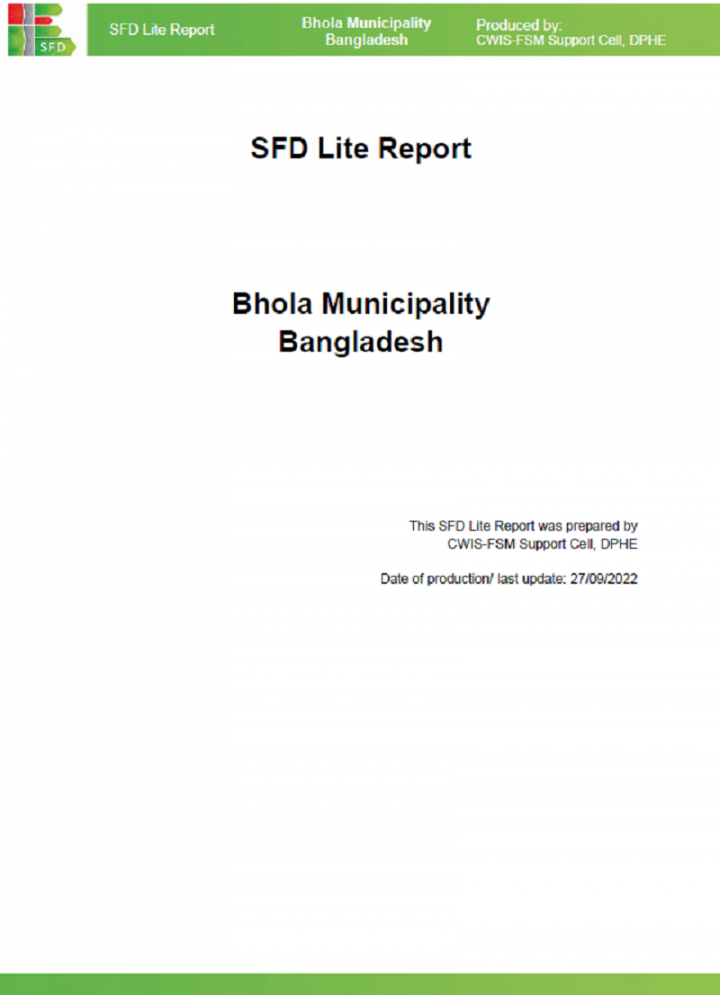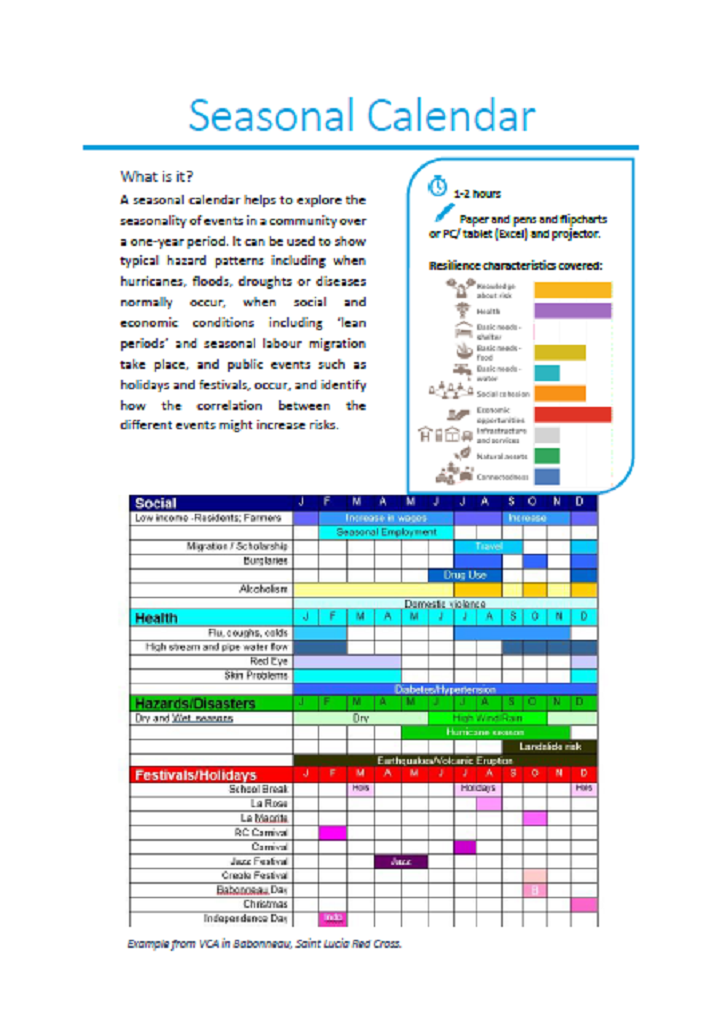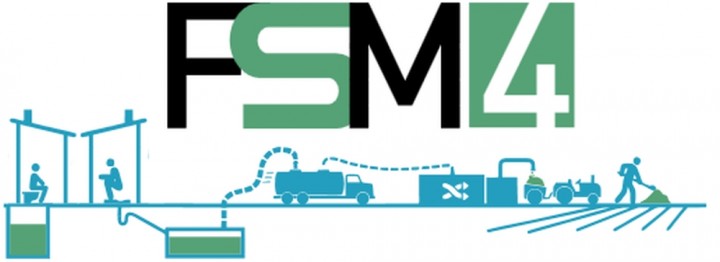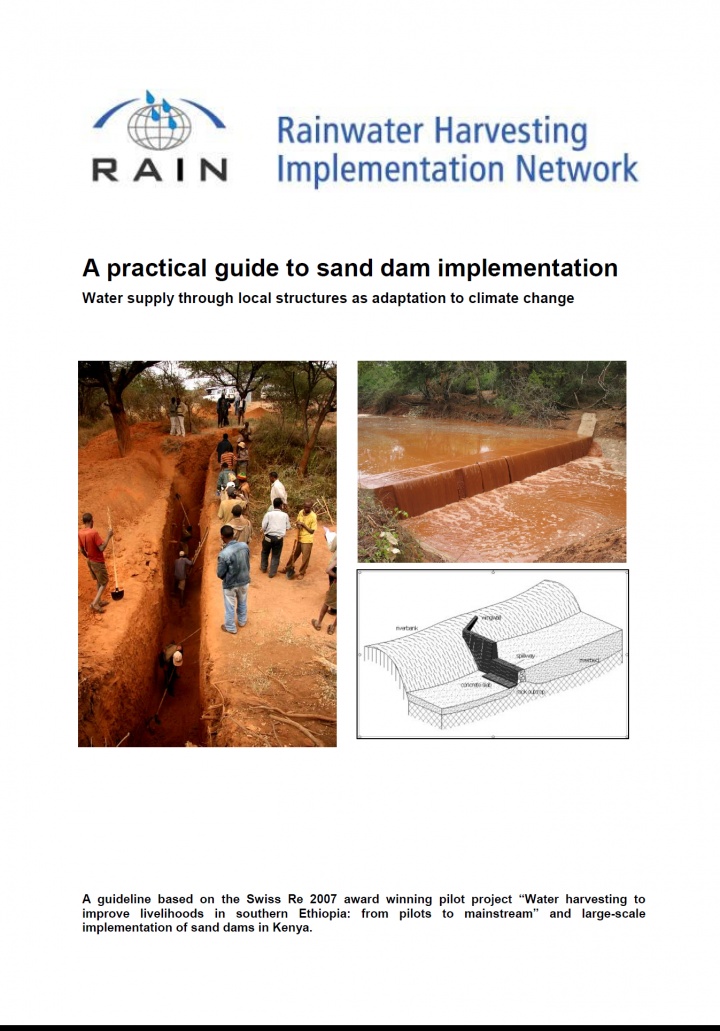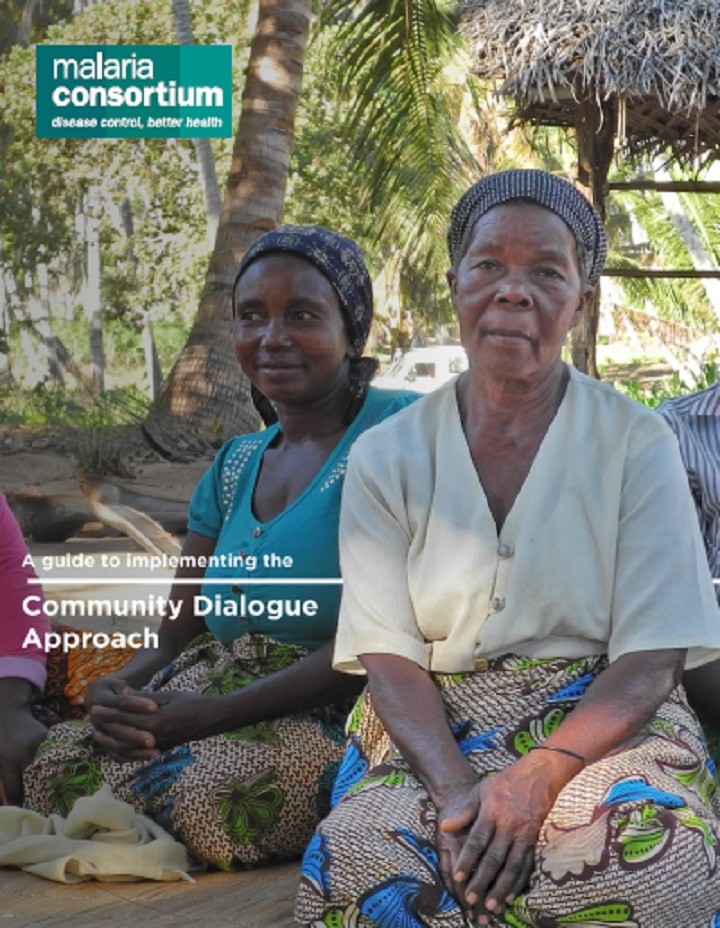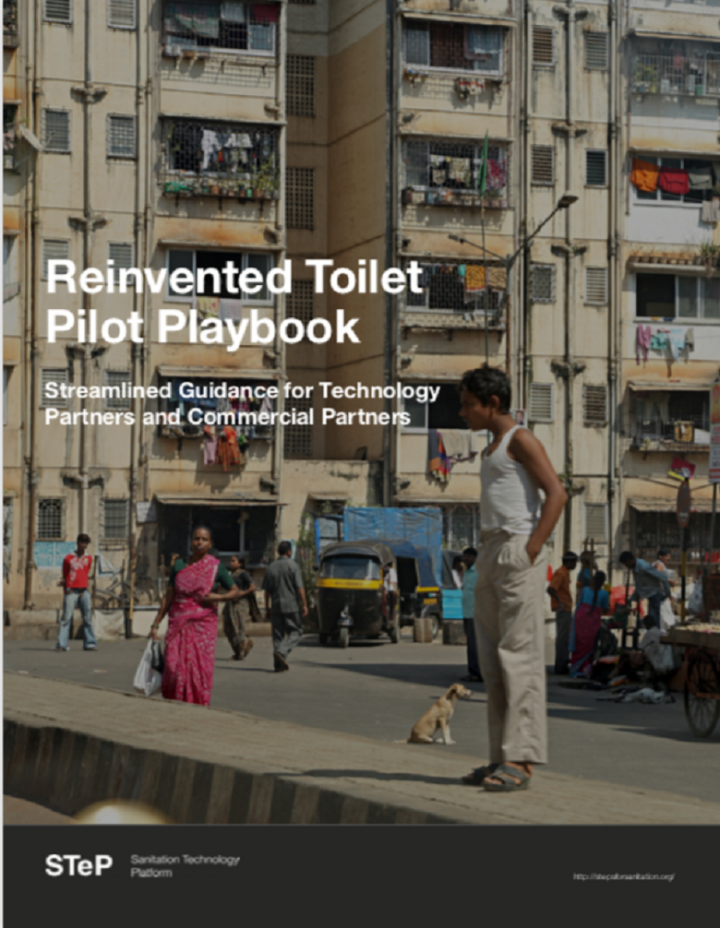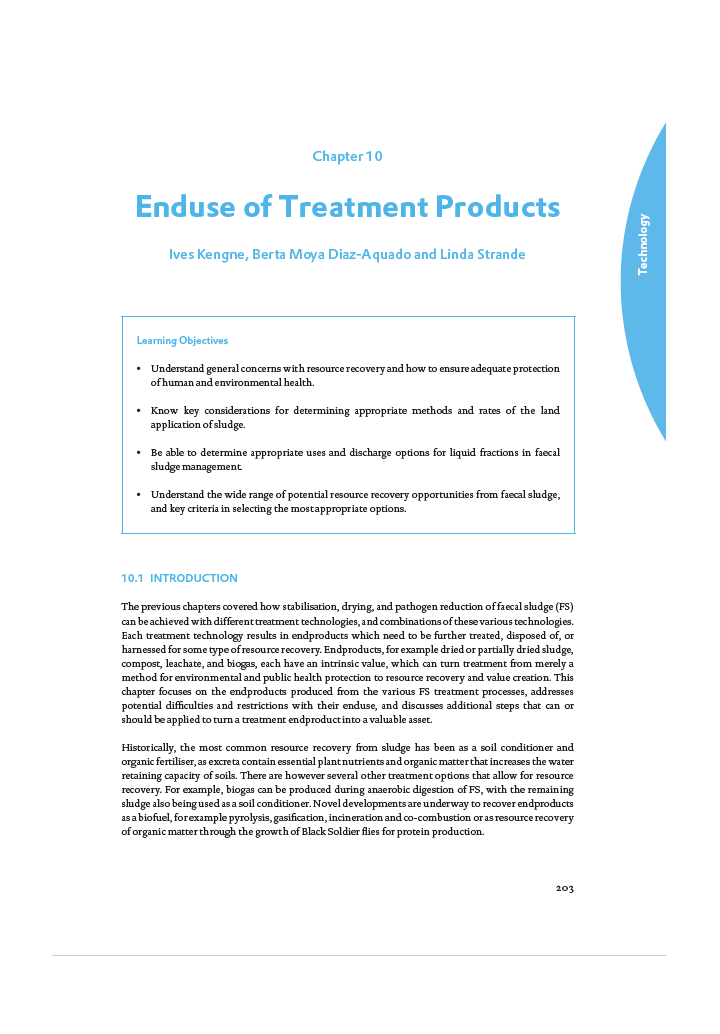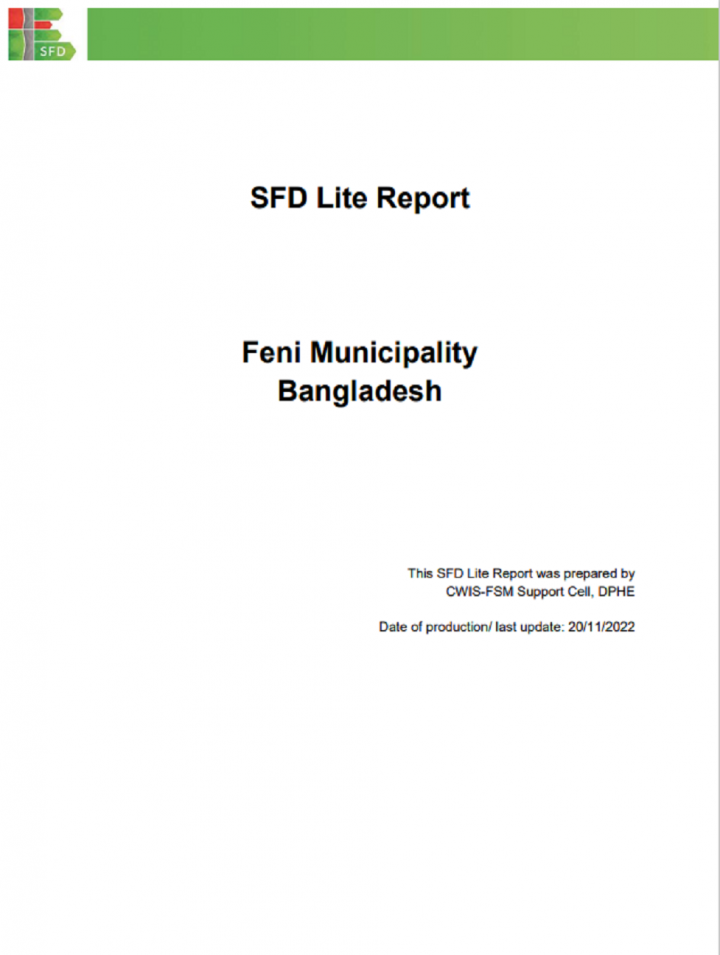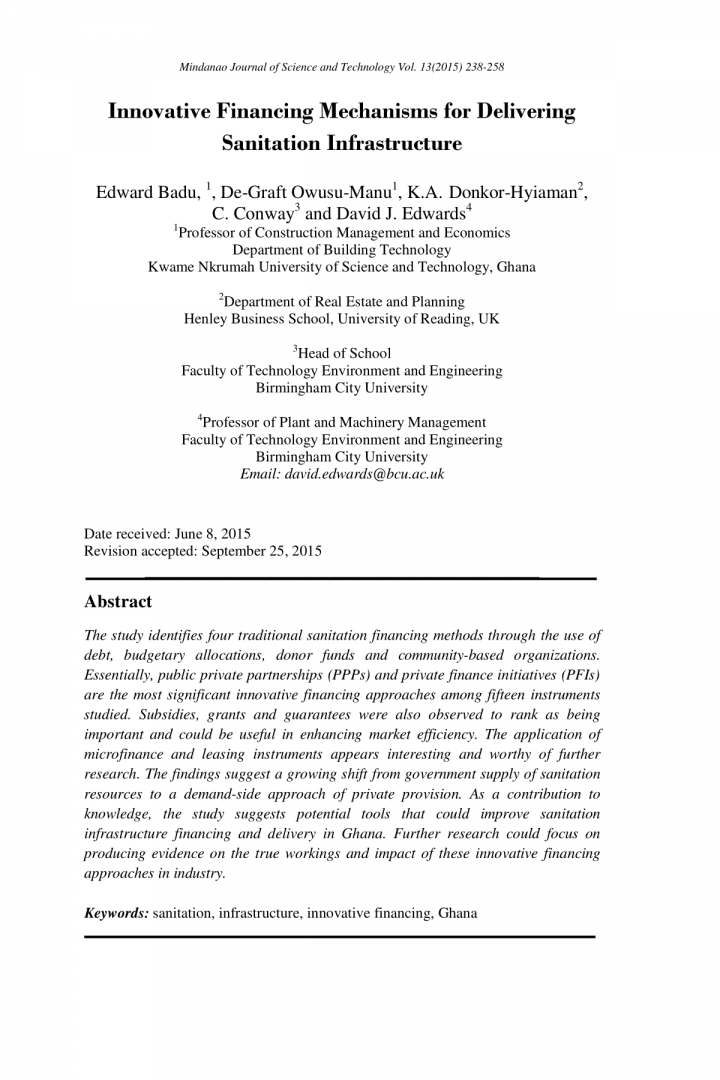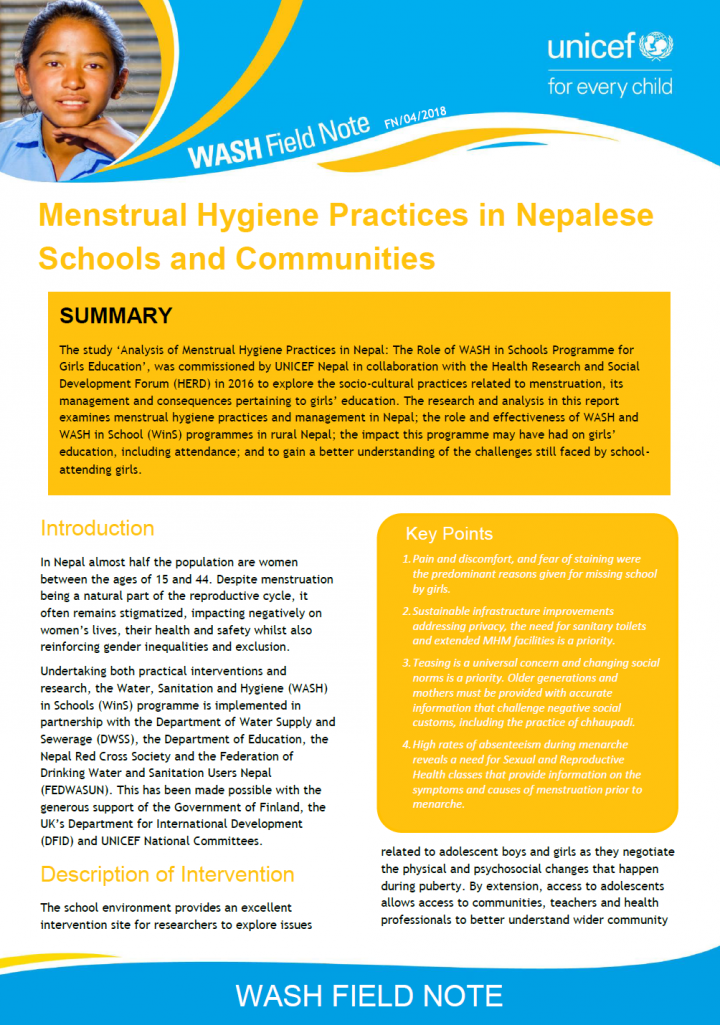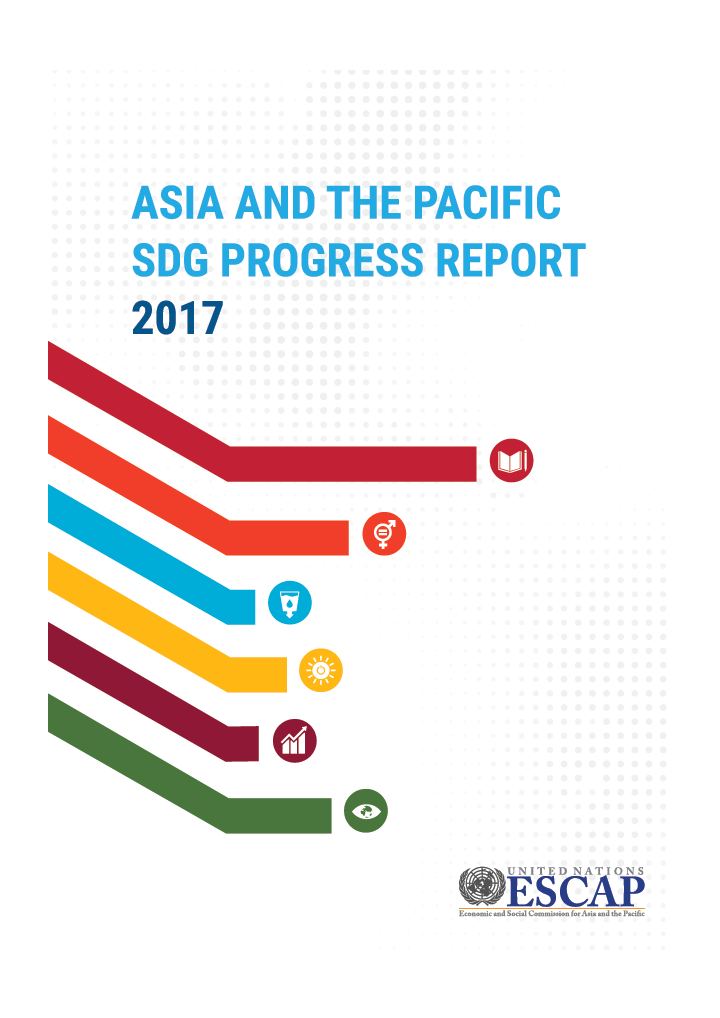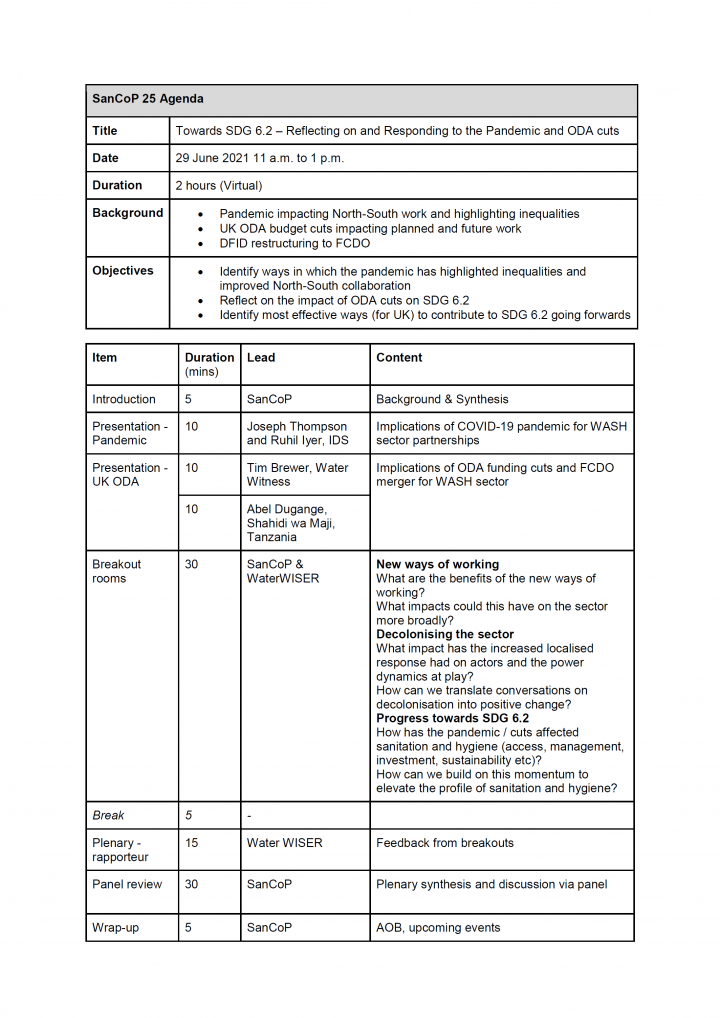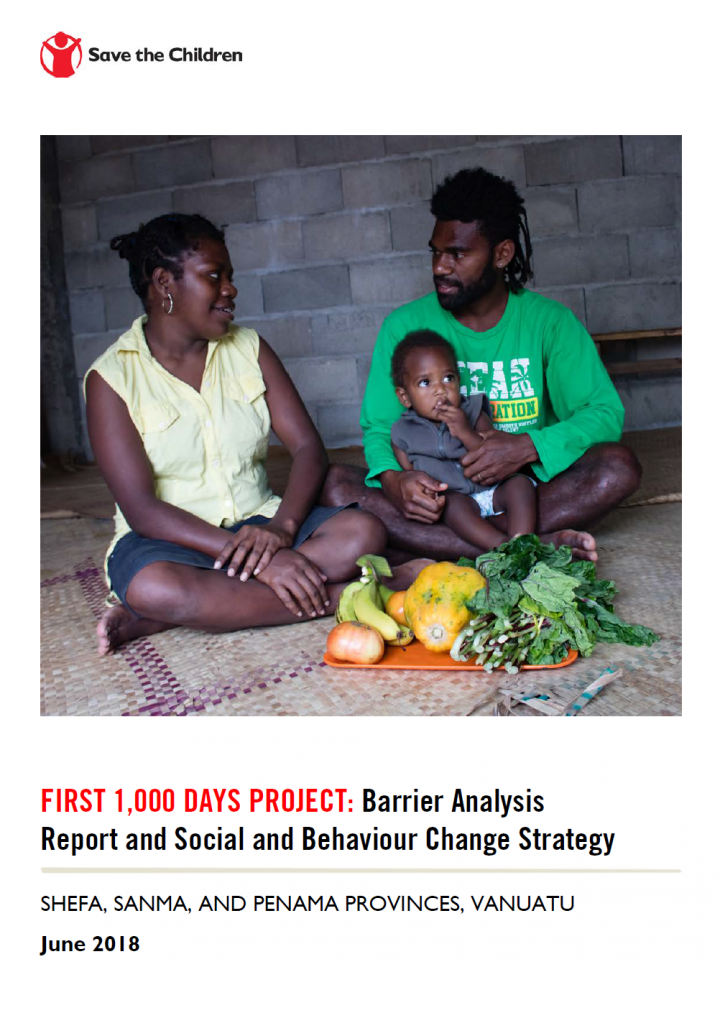Searching for information on Sanitation Workers?
The Sanitation Workers Knowledge + Learning Hub is the best source for all current news, trends, articles and updates on sanitation workers rights around the world.
Safe collection and safe disposal of fecal sludge is a critical component of septage management in which desludging operators play a central role. In order to understand their work, consultations were conducted with desludging operators in the Periyanaicken Palayam and Narasimhanaicken Palayam town panchayats of Coimbatore district. These consultations aimed to understand the current desludging …
The 2-days workshop "Identifying gaps in emergency sanitation - Design of new kits to increase effectiveness in emergencies" took place in Stoutenburg, the Netherlands from 22-23 Feb 2011.
As a response to insufficient sanitation solutions deployed in the emergency situations, emergency and sanitation practitioners from different key organisations came together in Stoutenburg to discuss on how …
Humanitarian aid is largely guided by anecdotes rather than evidence. Currently, the humanitarian system shows significant weaknesses in data collection, analysis and response in all stages of a crisis or emergency. As a result, the present humanitarian system is much less evidence-driven than it should be and than it would like to be.
To ensure that vulnerabilities, needs and access to …
The publication voices the importance of social context and collective action as a mediating factor between programme implementation and its success. CRSHIP assesses the social factors that influenced sanitation uptake, indicating the efficiency of communities participating together with local community leaders or NGOs to work cohesively in achieving their S&H goals.
It is known that eradicating open defecation is only half the battle. For improving sanitation, faecal sludge and wastewater also needs to be safely managed. It is in this context that Government of India, Ministry of Housing and Urban Affairs (MoHUA) issued a National Faecal Sludge and Septage Management (FSSM) Policy3 . It recommends regular desludging of septic tanks through a systematic …
Ending Cholera—A Global Roadmap to 2030 operationalises the new global strategy for cholera control at the country level and provides a concrete path toward a world in which cholera is no longer a threat to public health. By implementing the strategy between now and 2030, the Global Task Force on Cholera Control (GTFCC) partners will support countries to reduce cholera deaths by 90 percent. …
This equipment is part of several packages devised by the Oxfam Public Health Engineering Team to help provide a reliable water supply for populations affected by conflict or natural disaster. The equipment is designed to be used with any or all of the following Oxfam water equipment: Water Storage equipment, Water Coagulation and Disinfection equipment, Water Filtration equipment, Water …
A Water Safety Plan (WSP) is a preventive management approach used to assess and manage threats to a drinking water system— from catchment to consumer.It helps in the
• Management of activities in the watershed to control contamination of source water.
• Removal or inactivation of contaminants during treatment.
• Prevention of recontamination during distribution, storage, and …
A lack of decent toilets and clean water causes diarrhoeal diseases that, on average, claim the lives of almost 800 children every day – one every two minutes.
The health impacts of poor sanitation trap people in poverty, making it difficult to get an education or to work to support their families.
The State of the World’s Toilets 2017 explores how the lack of decent toilets around the …
In 2017, the Government of Pakistan rolled out Joint Sector Reviews (JSR) in four provinces in order to periodically assess the performance of the water, sanitation and hygiene (WASH) sector. UNICEF, the Government, development partners, and civil society participated in the process, using the WASH Bottleneck Analysis Tool (WASH-BAT) as a guiding framework. The WASH-BAT, which was designed by …
A typical small water supply system requires less than about 200,000 litres per day, which is well within the capacity of small streams and alternative water sources, other than rivers. Indeed a river is not the ideal source of domestic water in many situations and an intake would normally be constructed only if there is no satisfactory alternative source such as groundwater (handpump), rainwater …
Bhola is a fast-growing city, which is 185 km away from the Dhaka city. It is beside the Megna and Tetulia River and well connected with road and water. It is one of the oldest towns in the sub-continent and was declared Municipality in 1920. Bhola is one of the 53 district level Pourashava in the country.
According to the population census in 2011 by the Bangladesh Bureau of Statistics (BBS), …
FSM4 was held in Chennai, Tamil Nadu, where the State Government has recently initiated measures to address FSM with regard to policy, regulatory changes, innovative solutions, and pilots. FSM4 focused on innovative and practical solutions that can be scaled up.
Find below in chronological order the keynote presentations during the conference.
A guideline based on the Swiss Re 2007 award winning pilot project “Water harvesting to improve livelihoods in southern Ethiopia: from pilots to mainstream” and large-scale implementation of sand dams in Kenya.
In the Kituï District of Kenya the SASOL (Sahelian Solutions) Foundation began constructing sand storage dams in 1995. Since this period, over 500 sand storage dams have been …
This guide is intended for health programme implementers who want to help communities make healthy choices. It introduces the Community Dialogue Approach, an innovative and participatory approach used to help achieve and sustain social action towards improving the health of communities. The approach could be considered both a community engagement and social and behaviour change intervention.
Newly introduced technologies fail for many reasons, including low user adoption, a lack of understanding of the target market, an unsound business model, and more. This resource exists to help technology developers and early adopters plan effective pilot tests that increase a new technology’s chance for success. Drawing from the concept of design thinking, this Playbook is framed by three …
The previous chapters covered how stabilisation, drying, and pathogen reduction of faecal sludge (FS) can be achieved with different treatment technologies, and combinations of these various technologies. Each treatment technology results in endproducts which need to be further treated, disposed of, or harnessed for some type of resource recovery. Endproducts, for example dried or partially dried …
Feni is a fast-growing city located along the Dhaka-Chittagong highway and 161 km South of Dhaka. It is besides the Selonia River and it is well connected with road, water, and railways. It is one of the oldest towns in the sub-continent and was declared a Municipality in 1958. Feni is one of the 53 district level Municipality in the country.
According to the population census in 2011 by the …
The study identifies four traditional sanitation financing methods through the use of debt, budgetary allocations, donor funds and community-based organizations. Essentially, public private partnerships (PPPs) and private finance initiatives (PFIs) are the most significant innovative financing approaches among fifteen instruments studied. Subsidies, grants and guarantees were also observed to …
The study ‘Analysis of Menstrual Hygiene Practices in Nepal: The Role of WASH in Schools Programme for Girls Education’, was commissioned by UNICEF Nepal in collaboration with the Health Research and Social Development Forum (HERD) in 2016 to explore the socio-cultural practices related to menstruation, its management and consequences pertaining to girls’ education. The research and …
Asia and the Pacific SDG Progress Report 2017 is an assessment of the progress towards the SDG targets in Asia and the Pacific and its subregions. Drawing on the analysis of 66 indicators (60 global SDG indicators and 6 proxy indicators) the report forecasts likely progress by 2030 and identifies areas where greater effort is needed.
The assessment of progress contained in this report is …

